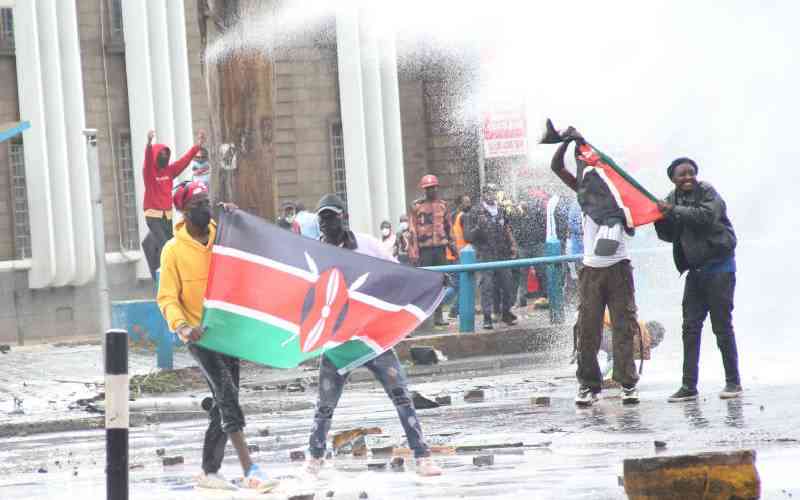
The events of June 25 when Gen Z-led protests erupted across most Kenyan counties are etched in the national psyche as both tragic and telling. What began as a commemorative protest, marking the one-year anniversary of over 60 young people who died during the Finance Bill 2024 demonstrations, devolved into confrontation, leaving more lives lost, hundreds injured, and property worth millions destroyed. The government’s swift declaration that the protests were an attempted coup, orchestrated by paid agents, shifted the narrative from remembrance to rebellion. Yet beneath this pivot lies a deeper national contradiction, one we must confront with intellectual honesty and moral clarity.
The cost of violent protests is immediate and visible; young lives cut short, trauma, economic paralysis, and property destruction. But so too is the cost of unchecked mega corruption, except its effects are often slower, quieter, and more far-reaching. Both undermine public trust, both hollow out national resilience, and both perpetuate suffering among ordinary citizens. Kenya must come to terms with the fact that the silent violence of corruption can be just as devastating as chaos in the streets.
When billions of shillings are lost to inflated tenders, ghost projects, and elite cartels siphoning public funds, the result is systemic decay. Hospitals remain unequipped, children go hungry in classrooms, critical infrastructure collapses, and opportunities for youth evaporate. These consequences, though less dramatic in their manifestation, cause prolonged harm that spreads across generations. In many ways, they are more dangerous than the isolated flare ups of protest violence because they erode the very capacity of the state to deliver hope.
Ironically, it is the poor, especially low-level officers, clerks, or desperate youth, who are often arrested, prosecuted, and jailed swiftly for petty corruption. Their crimes, though wrong, are usually symptomatic of a broken system and survivalism. Yet the grand looters, those who sit in executive offices and engineer schemes worth billions, often walk free. Their cases stall, get politicised, or disappear altogether. This disparity is not just unjust, it is corrosive. It tells the public that the law does not exist to serve justice but to protect the powerful.
In the aftermath of the June 25 protests, the government’s response has focused heavily on arrests and declaration of funding to destabilise the country. While the State may be privy to classified intelligence, its credibility is undermined when the public sees images of police operating alongside civilian goons or hears stories of excessive force. In today’s post truth Kenya, perception often trumps fact. Even when the government is right, its message is lost if it appears arbitrary, punitive, or unaccountable.
The same logic applies to corruption. If the public only ever sees the poor punished and the powerful protected, they begin to lose faith in the entire justice system. This loss of trust is compounded by a generation, Gen Z, that does not rely on government statements or press briefings to interpret reality. They rely on digital testimony, viral images, and lived experience. And if that experience points to inequality, impunity, and denial, then no amount of classified intelligence or official explanation can reverse their judgment.
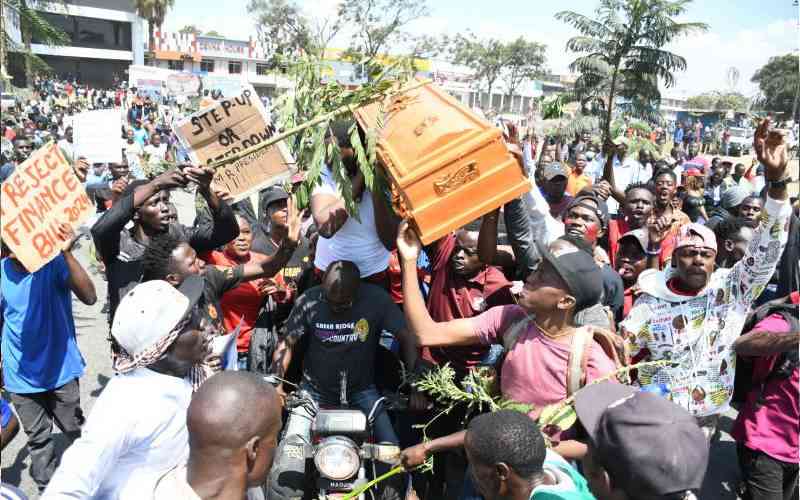
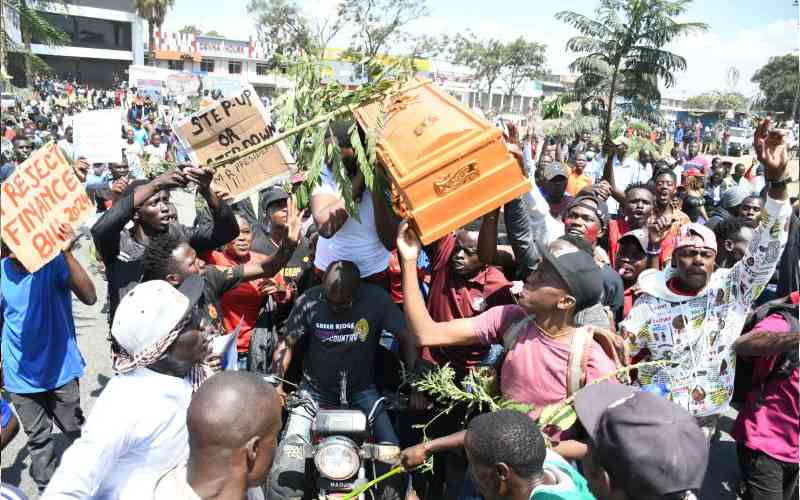
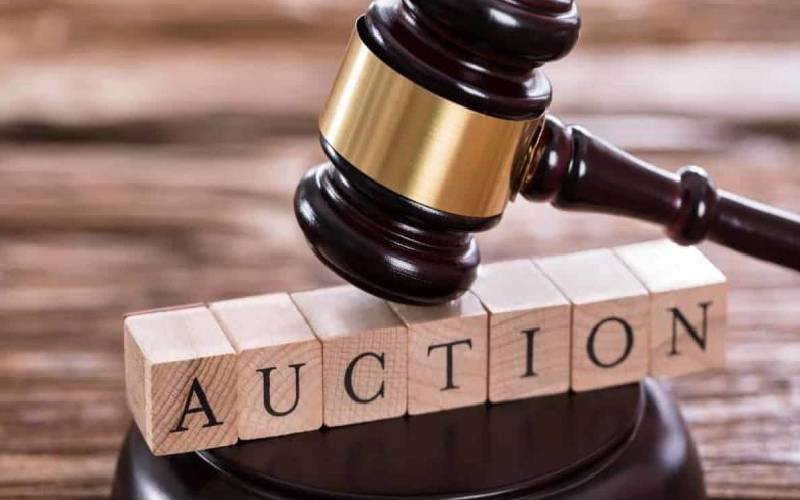
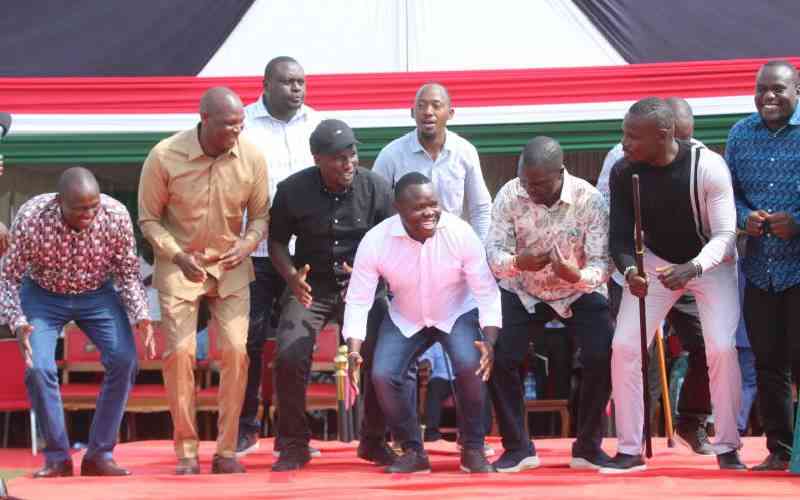
This is not a dismissal of the government’s responsibility to ensure law and order. It is a plea for consistency and moral leadership. If violence is to be condemned, and it should be, then so too must be corruption in all its forms. Not in rhetoric, but in action. If protestors are to be prosecuted with speed, then so must the architects of budgetary looting schemes, dubious procurement contracts, and collapsed public trust. A government that is swift to crush street defiance but slow to confront boardroom theft sends the wrong message.
Kenya is now at a crossroads. The tension between the governed and the governors will not be resolved through repression or propaganda. It will only be healed through accountability that cuts across class, power, and influence. True leadership means meeting dissent not with fear but with foresight, not with denial but with reform.
We must treat protest related loss of life and corruption related loss of future with equal seriousness.
Dr Mokua is Executive Director of Loyola Centre for Media and Communication